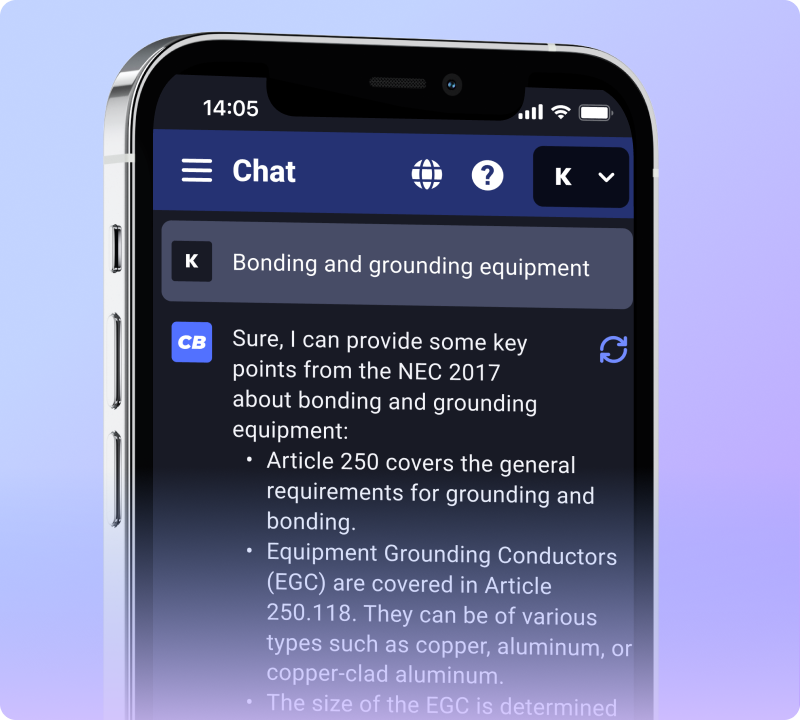NEC 70, commonly known as the National Electrical Code (NEC), is a widely adopted standard for the safe installation of electrical wiring and equipment in the United States. Published by the National Fire Protection Association (NFPA), it is the benchmark for all electrical installations.
The Purpose and Scope of NEC 70
- Safety: The primary goal of NEC 70 is to ensure safe electrical installations, minimizing risks such as fire hazards, electric shock, and other safety concerns.
- Uniformity: It provides a consistent set of guidelines and requirements to be followed across various states and jurisdictions, ensuring a standard approach to electrical safety.
Key Features of the National Electrical Code
- Comprehensive Coverage: NEC 70 covers a wide range of topics, including wiring methods and materials, equipment for general use, special occupancies, and special equipment.
- Regular Updates: The NEC is updated every three years to incorporate new technologies, materials, and safety practices.
- Local Adaptations: While NEC 70 provides a base standard, local jurisdictions may have amendments or additional requirements based on specific local needs or conditions.
Importance for Professionals and DIY Enthusiasts
- Code Compliance: For electricians and electrical contractors, understanding and following NEC 70 is essential for code compliance and professional practice.
- Safety for DIY Projects: For DIY enthusiasts working on home electrical projects, familiarity with the relevant sections of NEC 70 is crucial for safety and efficacy.
Conclusion
NEC 70, or the National Electrical Code, is a fundamental resource for anyone involved in electrical work, from professional electricians to DIY homeowners. Its guidelines are essential for ensuring safe and reliable electrical installations.
Note: The content provided is based on the general scope and purpose of NEC 70 as of April 2023. For the latest updates and specific applications, refer to the most current edition of the NEC or consult a professional electrician.


